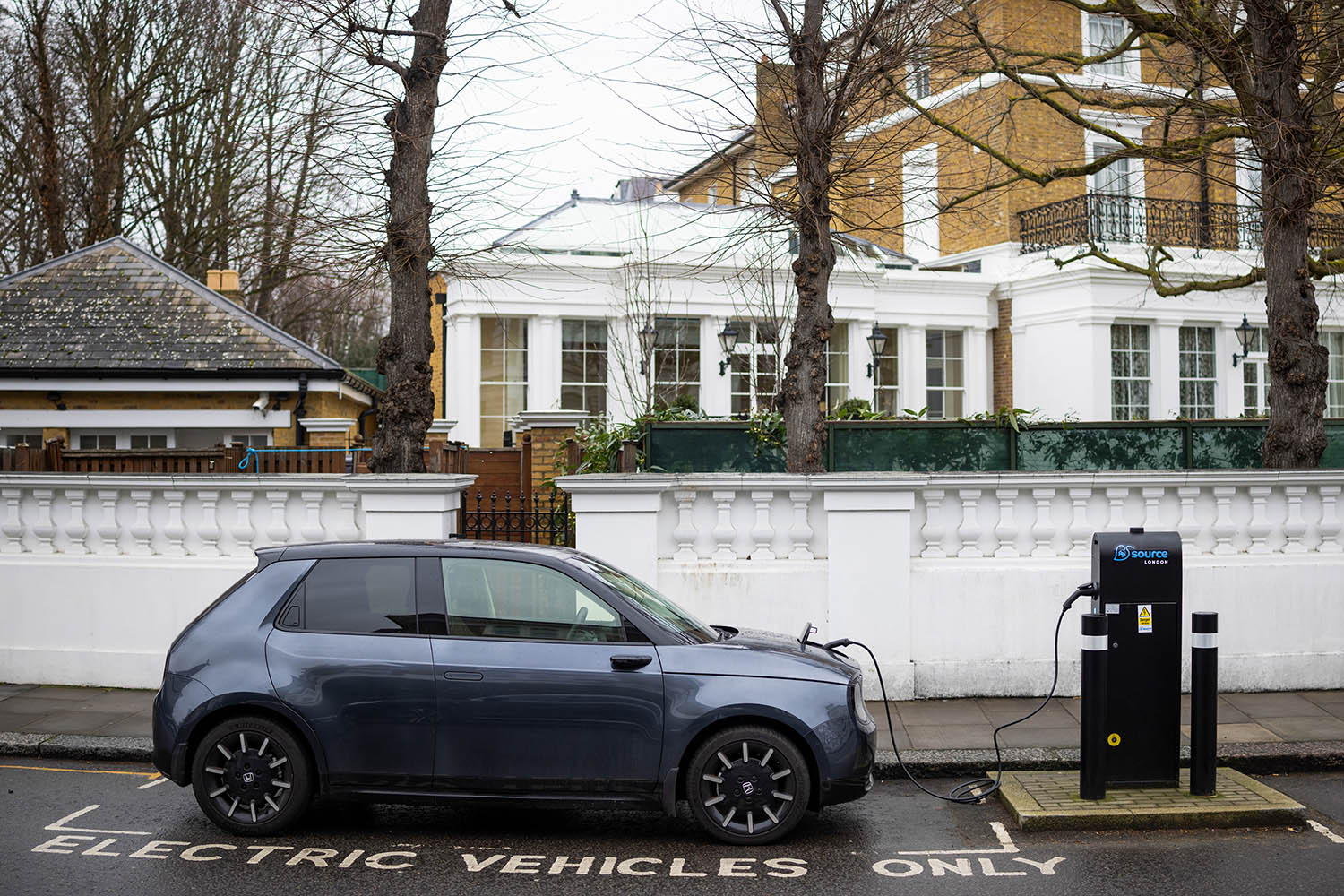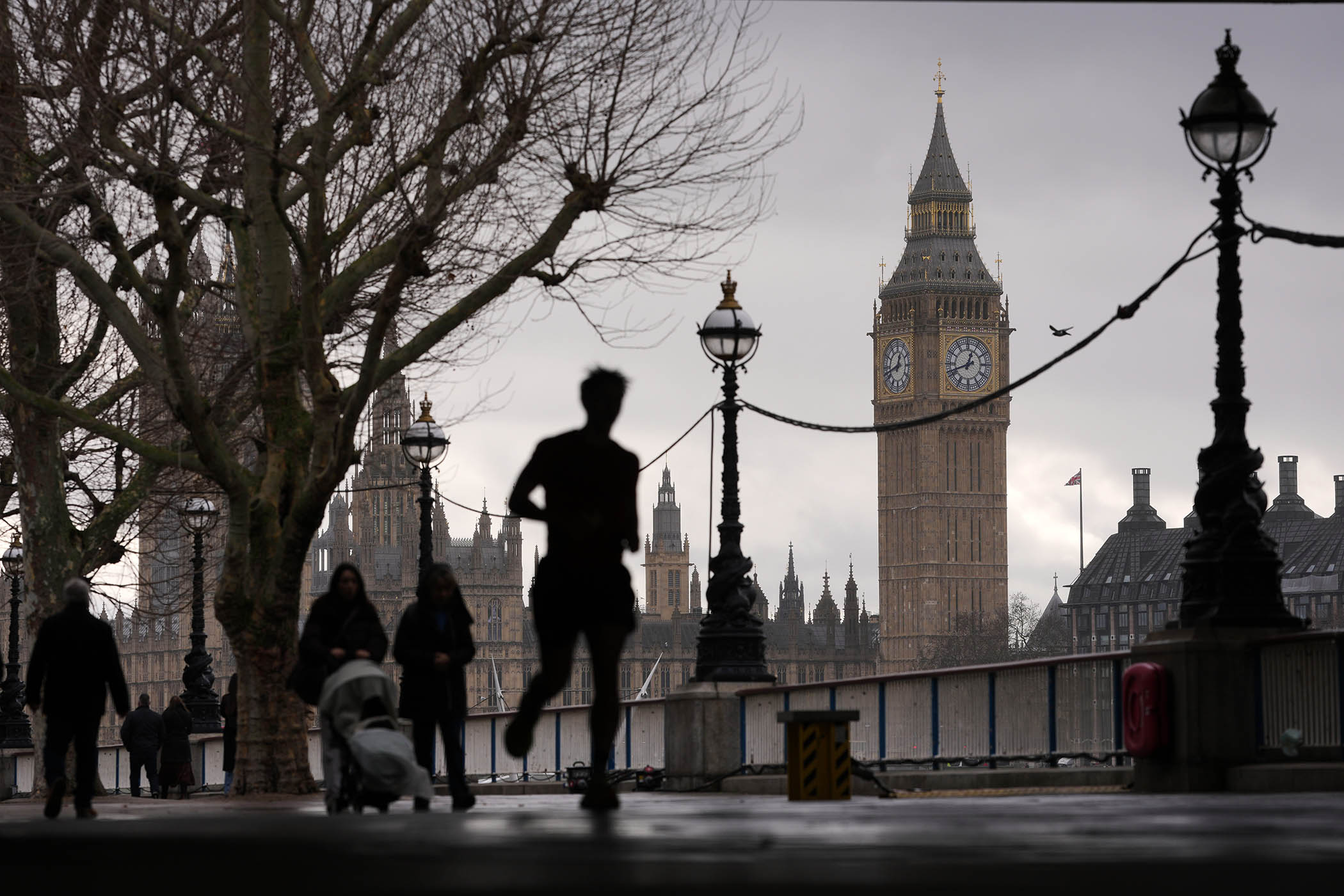We need to talk about tax and the common good. Next year all our tax revenues combined will climb to the highest level as a share of GDP for 70 years. This proposition has become the foundation for an increasingly fierce anti-tax narrative. Taxation at these levels is unconscionable and insupportable, it is claimed. It shackles enterprise, narrows the capacity for individual choice, worsens the cost of living crisis, and darkens economic prospects. As a result, Nigel Farage’s Reform UK has been able to tap into genuine, mounting grievances and present a potentially fatal threat to Labour.
It has become an economic and political imperative to challenge the idea that taxation is in itself a dark and sinister force. The future of Britain’s public services, the strength of our defence and security effort, social fairness and all that contributes to the common good hangs on unpicking it. For a government that is notoriously poor at political advocacy and messaging, lacking belief and self-confidence in what it stands for, that will be hard. But the issues can no longer be dodged: too much is at stake.
Firstly, taxation as a share of GDP must be put into context. It still places Britain only marginally above the international average, still short of the 40% ratio of the Nordic countries and others. Low growth and Brexit, depressing GDP, are as important a cause as tax. Moreover, the trends in the components of taxation over time are strikingly stable.
Even so, there are some important trends that are too little discussed. Freezing of the income tax thresholds for nearly all the 2020s will mean the number of higher rate taxpayers has already increased by about 40% to some six million, and will climb by the end of the decade to eight million; Britain has by default created a very progressive income tax system. On the other hand, while wealth as a share of GDP has doubled over the past 40 years, according to the Resolution Foundation, the proportional revenue from taxes on capital and property has scarcely budged. Another eye-catching trend is the plunge in the contribution from indirect taxes other than VAT, which has halved over the last 30 years. As Stuart Adam, a senior economist at the Institute for Fiscal Studies observes, the consistent freezing of excise duties on fuel alone has cost a cumulative £30bn fallaway in tax revenues.
Has all this created a statist stranglehold snuffing out enterprise, productivity and liberty? Hardly. As the IFS says, there is no unequivocal relationship between tax share and good economic performance; for example, all the Nordic countries have higher tax to GDP ratios, while poorly performing Colombia and the Czech Republic have lower ratios. The US is often cited as an exemplar of the opposite, but its dynamism has as much to do with its continental economy, pool of scientific research and deep capital markets as its tax regime. Nor is it to be envied given the stark inequalities and associated political polarisation that have resulted.
Meanwhile, for all the hand-wringing, Britain is astonishingly entrepreneurial, notwithstanding its standing as a middle-tax country. We rank third in the world for the number of startups, and third in the world for hosting so-called “unicorns” – fast growing companies valued at more than $1bn (£743m). The tax system does not appear to be stifling enterprise or menacing liberty.
Fuel duty now represents some 1% of GDP, which should be restored to 2%. As electric cars become the norm, the yield will fall further
Fuel duty now represents some 1% of GDP, which should be restored to 2%. As electric cars become the norm, the yield will fall further
If Britain wants the common good outcome of functioning public services and a decent social floor, then the cash will have to be found. Oliver Wendell Holmes Jr famously declared that “taxes are the price we pay for a civilised society” – producing public goods and services with common good outcomes that individuals could not provide for themselves. The task is to find the resources to deliver what we know we need and work out a fair means of raising tax that doesn’t deliver perverse outcomes.
There are clear targets. Fuel duty now only represents some 1% of GDP, which should be restored to 2%. The problem is not only that the tax take is too low – as electric cars become the norm, the yield will fall further. Over the next decade, Britain has to move to road usage pricing, with every car fitted with a black box that measures mileage. There could be tax-free mileage allowances and supplements for road usage at peak times.
The second focus should be council tax, still based on 1991 valuations despite the boom in London and southern England’s house prices – even the owner of a palace can pay as much as a more ordinary four-bedroomed detached house. Over a five- or 10-year period a system based on today’s values, with wider bands, must be phased in. Together, reformed car and council tax could yield as much as £50bn, enough not only to help our strained public services, but to unfreeze those income tax personal allowances.
As for a wealth tax, the difficulty is less the principle than finding a workable system. So while, for example, the Dutch use an imputed yield from taxpayers’ total property and tradeable assets to calculate a taxable benefit – applicable to anyone resident in the Netherlands – the trade-off is that there is no capital gains tax or stamp duty on share transactions. However, well-designed council, inheritance and capital gains tax are surer mechanisms.
Newsletters
Choose the newsletters you want to receive
View more
For information about how The Observer protects your data, read our Privacy Policy
We want stronger defence. We want a stronger social floor. We want to support research and development. We want to incentivise saving and enterprise. We want to live in a civilised society. It’s time to make the case for essential taxation – and to challenge Reform UK to be explicit about what society Farage and his band want to create. It won’t be civilised.



